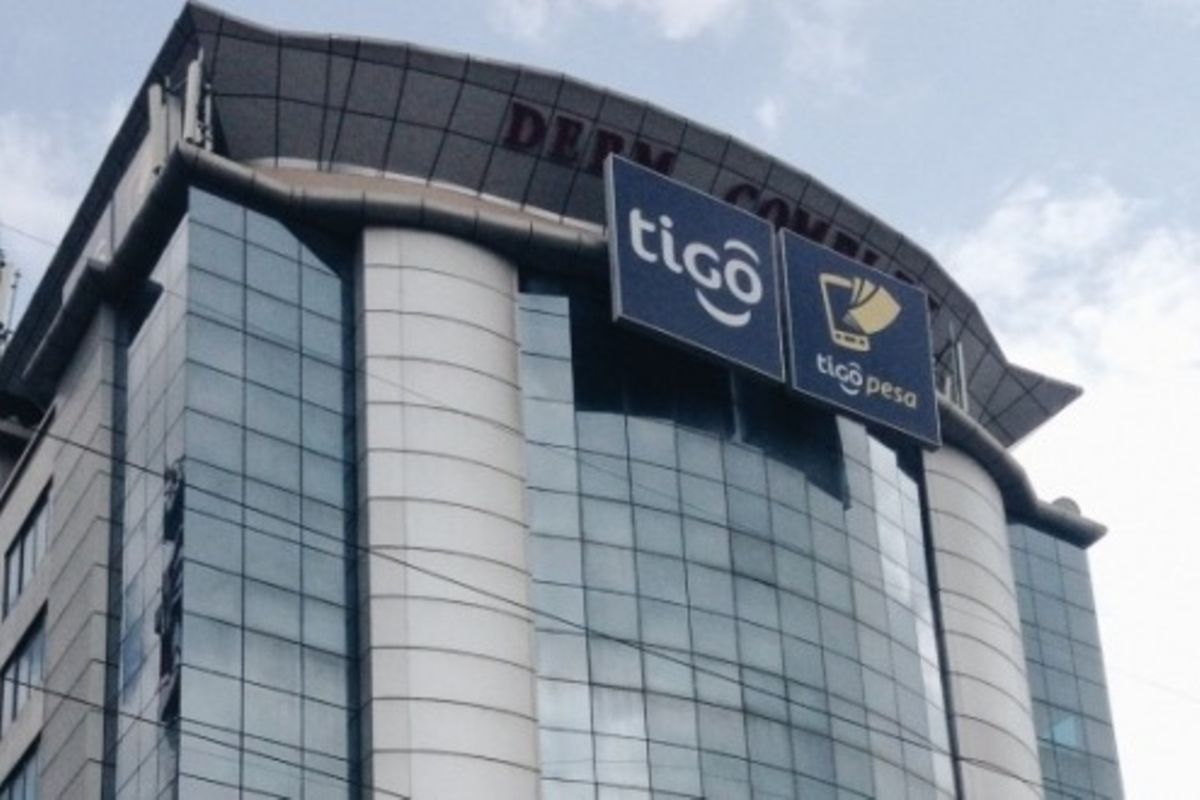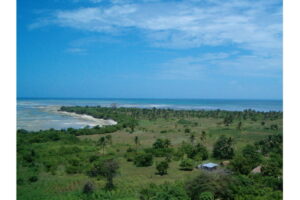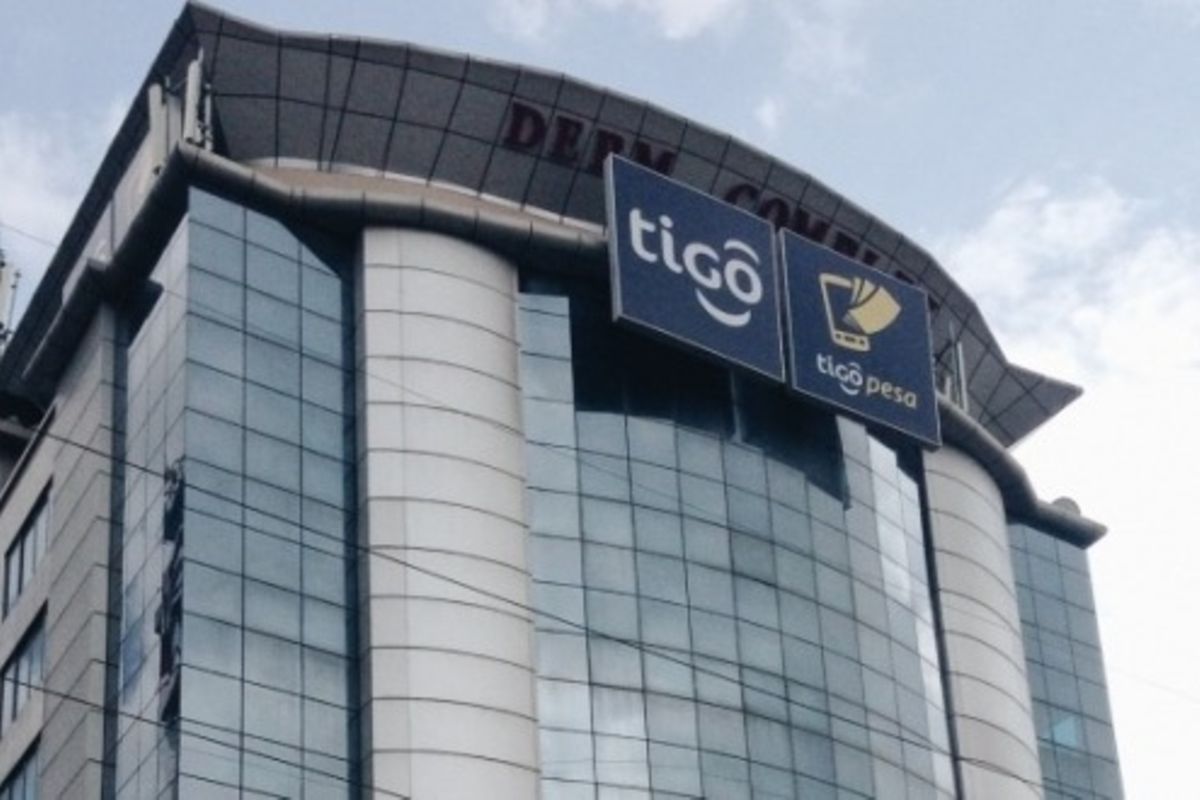
Dar es Salaam, Tanzania:
Tigo Tanzania announced yesterday that it has managed to achieve a 5G download speed of 1 Gigabits per second (1Gbps) in Dar es Salaam, making it one of the fastest in Tanzania.
Besides, the company has been the first to launch 5G technology in Zanzibar. Similar technology has been deployed in Dodoma.
Engineered to greatly increase the speed and responsiveness of wireless networks, 5G – which is the fifth-generation wireless (5G) – is the latest iteration of cellular technology and a planned successor to the 4G networks which provide connectivity to most current cellphones in the country.
“We are pleased to announce that Tigo has achieved unprecedented 1 Gbps 5G network speed. This 5G ultra-wideband game-changing download speed is the fastest in Tanzania,” Tigo Tanzania ceo, Mr Kamal Okba, said in a statement yesterday.
He said the decision to launch 5G technology stemmed from the company’s desire to meet the ever-increasing bandwidth demand from diverse needs of customers, businesses, automation and gaming.
“Today’s landmark announcement is a result of Tigo’s efforts in building a robust 5G network, and 1 Gbps is truly a huge leap forward in the 5G era to offer a speed 10 times faster than 4G speed,” he said.
According to him, 5G will have a significant and profound change on individuals, industries, society and the economy, transforming how we live and work.
“This launch is in line with Tigo’s transformative journey and the company’s objective of offering customers the best digital experience,” said Okba.
He said Tanzania was competing with the developed nations that were currently rolling out 5G technology.
“The latest generation of mobile communication technology in Tanzania denote that full possibilities of ubiquitous connectivity are now opened to our customers,” he said
Tigo’s 5G network in Zanzibar also becomes the first one of such kind in the Isles.
“This step continues to show Tigo’s intention to continue investing in modern technologies in the islands,” he said.
The development offers a catalyst for the communication sector where Tanzania continues to benefit from modern technologies that bring new economic and social opportunities. The company has promised to continue providing more information about 5G services and products in the near future.
“Through our state-of-the art 5G technology, we aspire to help Tanzania build an inclusive digital economy to meet various social and economic challenges, while at the same time improving customer experience. Additionally, this technology will enable new consumer services and encourage technological innovations in the ecosystem,” he said.
In May 2022, the new owners of Tigo and Zantel outlined their future plans, revealing how they would invest over Sh1 trillion in Tanzania.
That came after a consortium led by Axian Telecom and prominent Tanzania businessman Rostam Aziz acquired MIC Tanzania Plc which owns Tigo and Zantel.
Mr Aziz and Axian Group’s chief executive officer Hassanein Hiridjee said in Dar es Salaam in May, 2022 that they would push to strengthen network coverage, especially in the rural areas where there is potential.
“Following decades of experience in this sector, I’m committed to providing valuable strategic guidance and stewardship to Tigo in order to extend access to affordable mobile services and drive digital inclusion through significant investment in our telecom infrastructure. We will invest more than Sh1 trillion to meet our targets,” said Mr Aziz in May, 2022.
Share this news
This Year’s Most Read News Stories

CCM ready to task state organs on Zanzibar Airport deal
Ruling party Chama Cha Mapinduzi-Zanzibar has said it is ready to task state organs to investigate some of the claims against its government that have been raised by opposition politicians on the Abeid Amani Karume International Airport (AAKIA).Continue Reading

Zanzibar land lease controversy with British Developer
Zanzibar investment lease controversy rumbles on after President Hussein Mwinyi claims the land lease was terminated following a court case which the developer lost Contradictory details come to light.Continue Reading

Muslims in Pemba conduct special prayer against ZAA decision
ZANZIBAR: More than 200 Muslims in Vitongoji Village, South Pemba Region over the weekend conducted a special prayer to condemn the Zanzibar Airports Authority (ZAA) move to appoint DNATA as the sole ground handler in Terminal III of the International Airport of Zanzibar. Abeid Amani Karume.Continue Reading











